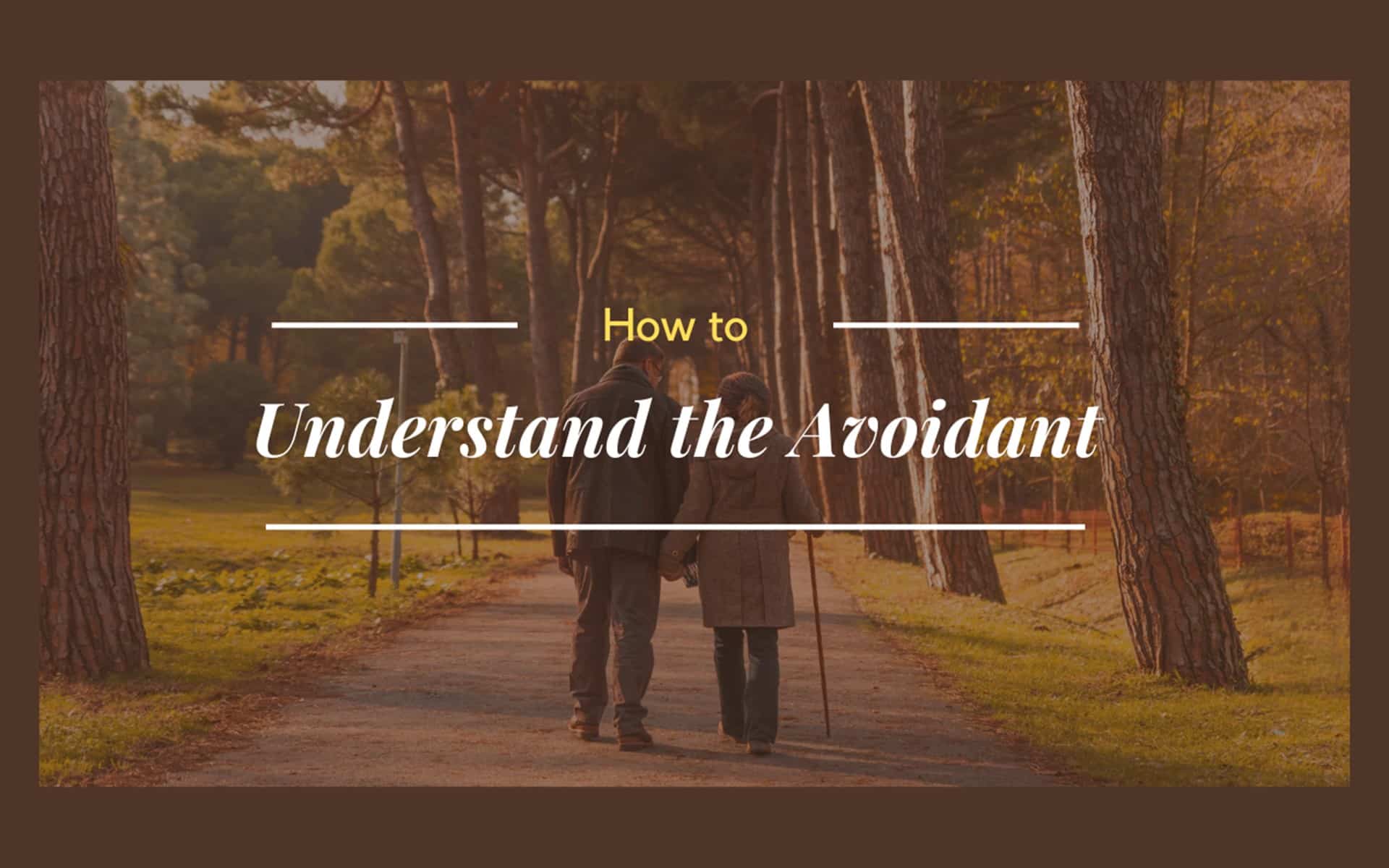When you’re reading about relationships
and secure attachments, avoidants get thrown under the bus.
As I unpacked my last relationship which was definitely a Trauma Bond,
I had to take ownership of my avoidance behaviors and find the root cause.
I didn’t want to go through the painful push-pull dynamic again.
I wanted to trust myself.
I wanted to trust love.
Even though I was successful at work,
I desperately craved the feeling of love that felt secure.
I didn’t want to die NOT having experienced safe and secure love.
Now, in teaching the people in my cyclebreakers community how to go
from insecure to secure attachments by learning high level skills in relating,
I noticed how much resentment those with anxious attachment carry
towards their avoidant partners.
So I decided to hit the record button to help those with anxious attachment
better understand their avoidant partners.
In this episode I reveal the MAIN THING that avoidants are trying to avoid.
When you understand this— you feel less victimized and resentful.
Your frustration turns to compassion— and from there,
you have much better options than to push them away with more neediness.
This episode is to help those who identify as avoidants
(or those who partner with avoidants) to upgrade your understanding
of what’s really going on— so that you can make the shift towards
emotional healing and creating the most important experience as a human being:
Love that feels fulfilling and connected.
A home that feels like a sanctuary.
Safety in your Nervous System.
This is for you if you want to shift your avoidance behaviors,
or to make it safer for your avoidant partner to turn TOWARDS you
when they are taking space.
Your wingman on the adventure,
Nima
P.S. Comment below and Let me know if this episode resonated with you. I’m listening.
If this resonates with you—whether you identify with avoidant behaviors
or you’re struggling with an avoidant partner—
let’s uncover the blind spots together.
If you’ve tried therapy, read all the books
or feel you’ve done all the personal development and still feel stuck,
share your story with me. Let me know what you’ve tried and where you think you're getting blocked.
If you're ready to finally see your blind spots and break free, ask for my calendar link for a 30 minute
blind spot chat that has no obligation.
I love taking the time to listen to genuine seekers who are open to hearing the truth—
even if it’s painful.
Let’s make this the turning point in your journey to secure love.






i was dating a guy – but i feel like he was playing emotions and playing mind games with me – know i am confused where to go from here
In a long distance relationship. After watching I think he may be an avoidant. Has breathing issues when we meet up. But they are gone after we part. His last relationship he was codependent. Would like to discuss this with you.
send me an email: nima@drnima.com
Your situation when you were 18 really hit me. I was 16 and that gave something to really think about. Thank you!!
Definitely is what I’m feeling from my man.
He’s up and down all the time